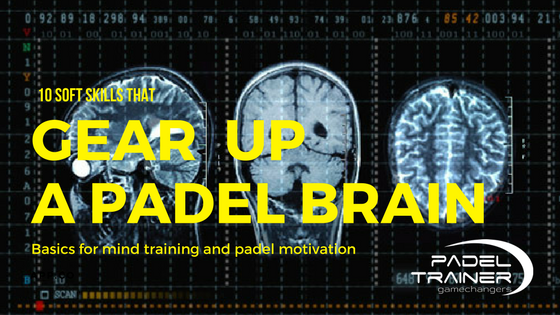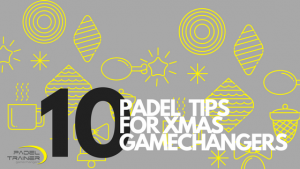Does thinking affect performance in training and competition? Positively yes, YES. Although sports psychology often focuses on teaching practical skills to enable athletes to develop their mental abilities to the same extent their physical abilities are sharpened, we happen to know the mental skills are founded on basic soft skills. We elaborate on these today, hoping you can develop your soft-skill set yourself with the tips we accompany each of them.
Part of our training involves developing these articulating them with the physical and technical abilities to match them. The final aim is to build die-hard motivation with the right tools and assessment. But if we, as individuals lack to put these few soft-skills in the spot light the ground work will be flawed to resist the process of building top training motivation.
Complete athletes who produce outstanding sports performances have built in equal length and measure mental, physical fitness and technical skills. These are the building blocks that mark the difference between a good and a great performance.
Mental skills training becomes a critical factor for padel success at high level and competition training. Our focus on mental skills training involves a number of strategies and techniques that aim to improve focus and concentration in the long run while enhancing sports performance. These techniques professionally handled by an expert coaching and training should make sure the basics are set. And the basics can be managed by each player, solely and independently, so while we won´t list the techniques and their know how, we will focus on what you, as amateur or professional player seeking to enhance your performance can do on your own. Easier said than done, we know, nonetheless, when we put ourselves under the spotlight of it we are able not only to see, but to act. And that´s the purpose of training: acting upon everything that will build endurance, both as players and as better humans. Ready, let´s dive into it:
The Basic Soft Skill Set
- Perceptiveness: Giving attention to unspoken cues, meaning paying close attention to what non-verbal communication is saying to you. Often we are so focused o our selves we leave little room to understand others actions and intentions. Misinterpreting other´s intention can easily follow to encountering difficulties dealing with people and not even know why. This is relevant when considering empathy is key to build an honest partnership with a padel mate.
- Growth mindset: Looking at any situation, especially difficult ones, for instance, an above our level competition or pairing, playing when we are not feeling in our best capacity, or when other things beyond padel are bussing in our minds, are opportunities to learn, grow and change for the better. While we are not professional, padel remains a road to growth mindset through a sport we love. Assess the moment to train, or play our best is also part of a learning experience.
- Emotion Regulation: Being able to manage your emotions especially the negative ones in everyday life ( anger, frustration, embarrassment) so you can think clearly and objectively act accordingly.
- Stress management: Stay healthy, calm and balanced in any challenging situation. Knowing how to reduce your stress level on your own will increase your performance and prepare you for new challenges while supporting your physical and emotional performance.
- Patience: Taking the space to look back allowing for clear thinking and assertive action that leads to the fulfillment of goals. That´s a huge chapter for the mental long run on its own.
- Self-confidence: It´s not blind faith: Believing in your ability to accomplish. Knowing that all that you need is within you. It’s about knowing we have done the homework needed to perform our best. It’s about bringing together the strength of the road traveled if you really have done the journey.
- Persistence and perseverance: Being able to maintain the same energy and dedication, the eagerness to keep learning despite difficulties, failures, and adversity.
- Resilience: Last but not least. Our all time favorite. Being able to bounce back after a setback. It´s what pulls us upward or forward, onwards without dismay. It´s the endurance builder, call it the “no matter what” factor if you may. It´s the pole to hang on to.
High performance allows the mind training required for peak performance. Who said training padel was so much different than training for life? Let them read this post. It might change someone´s mind. After all, padel is so much like life.
See you on our next training




